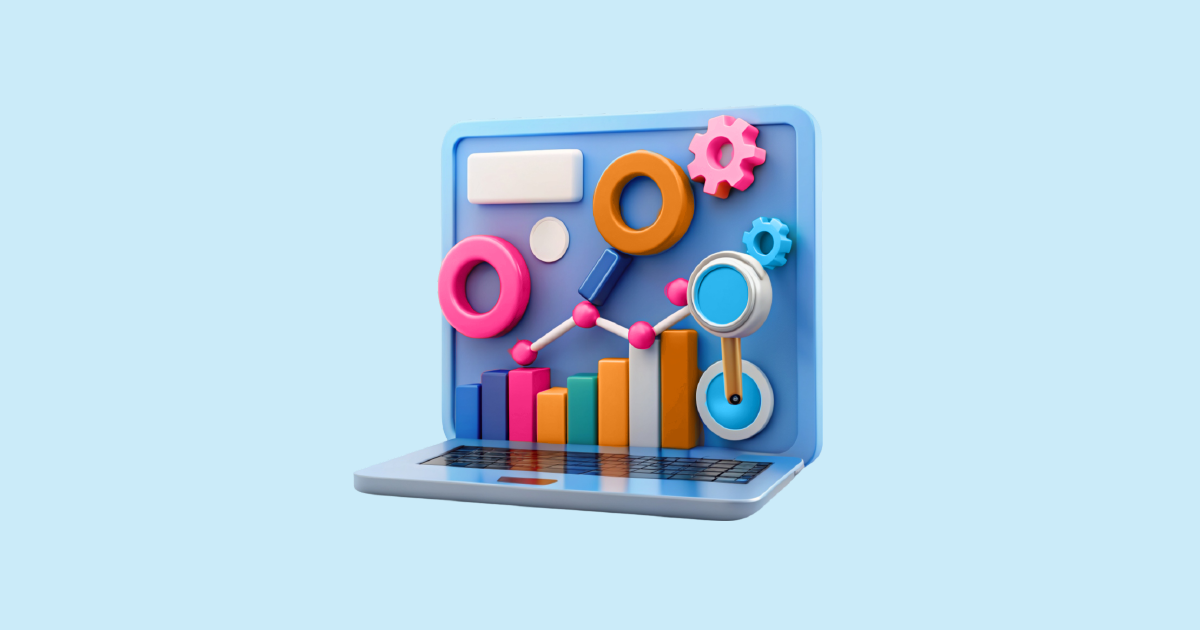In the digital age, social media has become an indispensable tool for businesses of all sizes. But simply having a presence on social media isn’t enough. To truly harness the power of these platforms, you need to understand what’s happening across your social media channels. That’s where social media tracking software comes in.
Social media tracking software allows businesses to monitor, analyze, and respond to social media activity. This includes everything from mentions and comments to likes and shares. The goal? To gain insights that can help improve marketing strategies, enhance customer engagement, and ultimately drive business growth.
Benefits of Using Social Media Tracking Software

1. Enhanced Brand Monitoring
One of the primary benefits of social media tracking software is enhanced brand monitoring. By keeping tabs on how your brand is mentioned and perceived across various social media platforms, you can quickly identify any potential issues or opportunities. This allows you to respond proactively, maintaining a positive brand image.
2. Improved Customer Engagement
Social media tracking tools also help in improving customer engagement. By tracking comments, mentions, and direct messages, businesses can interact with their audience more effectively. This leads to stronger relationships with customers and a better understanding of their needs and preferences.
3. Data-Driven Decision Making
With social media tracking software, businesses can make more informed decisions. The data collected from social media platforms provides valuable insights into what works and what doesn’t. This data-driven approach ensures that marketing strategies are optimized for better results.
Key Features of Social Media Tracking Software
1. Real-Time Analytics
Real-time analytics are crucial for understanding the immediate impact of your social media activities. This feature allows businesses to monitor ongoing campaigns and make adjustments on the fly to optimize performance.
2. Competitor Analysis
Knowing what your competitors are up to can provide a significant advantage. Social media tracking software often includes competitor analysis tools that let you compare your performance with that of your competitors, helping you identify areas for improvement.
3. Sentiment Analysis
Sentiment analysis helps you understand how people feel about your brand. By analyzing the emotions behind social media mentions, you can gauge public sentiment and tailor your responses accordingly.
4. Social Listening
Social listening goes beyond just tracking mentions. It involves actively listening to conversations around your brand and industry. This helps in identifying emerging trends and staying ahead of the curve.
5. Campaign Performance Tracking
Tracking the performance of your social media campaigns is essential for measuring success. Social media tracking software provides detailed reports on how your campaigns are performing, including metrics like reach, engagement, and conversions.
How to Choose the Right Social Media Tracking Software
1. Identify Your Needs
The first step in choosing the right social media tracking software is identifying your needs. Consider what you want to achieve with the software and what features are most important to you.
2. Budget Considerations
Budget is always a key consideration. There are social media tracking tools available at various price points, from free tools with basic features to premium options with advanced capabilities.
3. User-Friendliness
The software should be user-friendly and easy to navigate. A steep learning curve can hinder your ability to effectively use the tool.
4. Integration Capabilities
Ensure that the software you choose can integrate with other tools and platforms you use. This will streamline your workflow and make data management easier.
Top Social Media Tracking Software in 2024
1. Hootsuite
Hootsuite is a popular social media management tool that offers robust tracking features. It allows you to monitor multiple social media accounts, schedule posts, and analyze performance.
2. Sprout Social
Sprout Social provides comprehensive social media tracking and management features. Its user-friendly interface and powerful analytics make it a favorite among businesses of all sizes.
3. AIM Insights
AIM Insights specializes in social listening and sentiment analysis. It’s an excellent choice for businesses looking to understand public sentiment and engage in meaningful conversations with their audience.
4. Mention
Mention is a real-time monitoring tool that tracks mentions of your brand across the web. It’s great for staying on top of what’s being said about your brand and responding promptly.
5. Buffer
Buffer is known for its simplicity and ease of use. It offers basic social media tracking features, making it a good choice for small businesses or those new to social media tracking.
Setting Up Social Media Tracking Software
1. Installation and Setup
Setting up social media tracking software is usually straightforward. Most tools offer guided setup processes that walk you through installation and initial configuration.
2. Connecting Social Media Accounts
To start tracking, you’ll need to connect your social media accounts to the software. This typically involves logging in through the software’s interface and granting necessary permissions.
3. Configuring Tracking Parameters
Once your accounts are connected, you can configure tracking parameters. This includes setting up keywords, hashtags, and specific metrics you want to monitor.
Understanding Social Media Metrics
1. Reach and Impressions
Reach and impressions are fundamental metrics for understanding the visibility of your posts. Also, reach indicates how many unique users have seen your content, while impressions show the total number of times your content has been viewed.
2. Engagement Rate
Engagement rate measures how actively your audience is interacting with your content. This includes likes, comments, shares, and clicks.
3. Conversion Rate
Conversion rate is a critical metric for measuring the effectiveness of your social media campaigns. It indicates the percentage of users who take a desired action, such as making a purchase or signing up for a newsletter, after interacting with your content.
4. Audience Demographics
Understanding your audience demographics helps tailor your content to better meet their needs. This includes age, gender, location, and interests.
Utilizing Social Media Tracking for Business Growth
1. Identifying Trends
Social media tracking software can help identify trends and patterns in your data. This insight allows you to capitalize on popular topics and stay relevant.
2. Refining Marketing Strategies
By analyzing the performance of your social media efforts, you can refine your marketing strategies. This ensures that your content is resonating with your audience and achieving your business goals.
3. Enhancing Customer Service
Tracking social media interactions helps improve customer service. Quick responses to queries and issues can enhance customer satisfaction and loyalty.
Common Challenges and Solutions
1. Data Overload
With the vast amount of data available, it’s easy to feel overwhelmed. Focus on the metrics that matter most to your business to avoid data overload.
2. Keeping Up with Platform Changes
Social media platforms frequently update their algorithms and features. Staying informed about these changes ensures that your tracking efforts remain effective.
3. Ensuring Data Accuracy
Accurate data is crucial for making informed decisions. Regularly review and validate your data to ensure its accuracy.
Future Trends
1. AI and Machine Learning
The integration of AI and machine learning is set to revolutionize social media tracking. These technologies can provide deeper insights and more accurate predictions.
2. Enhanced Predictive Analytics
Predictive analytics will become more sophisticated, helping businesses anticipate trends and plan their strategies more effectively.
3. Integration with Other Digital Marketing Tools
Future social media tracking software will offer better integration with other digital marketing tools, creating a more cohesive marketing ecosystem.
The Role of Social Media Tracking in Crisis Management
1. Early Detection of Issues
Social media tracking can play a vital role in crisis management by detecting issues early. This allows businesses to address problems before they escalate.
2. Effective Crisis Communication



